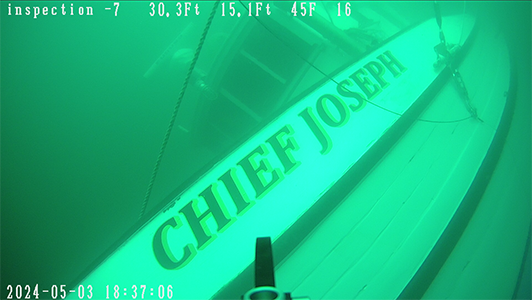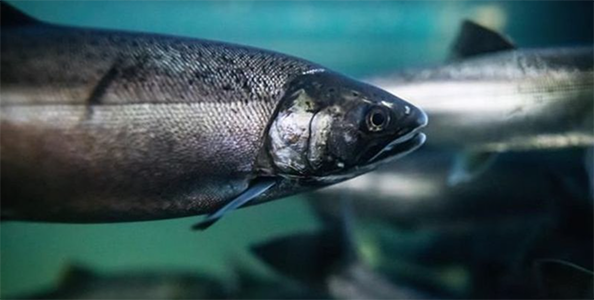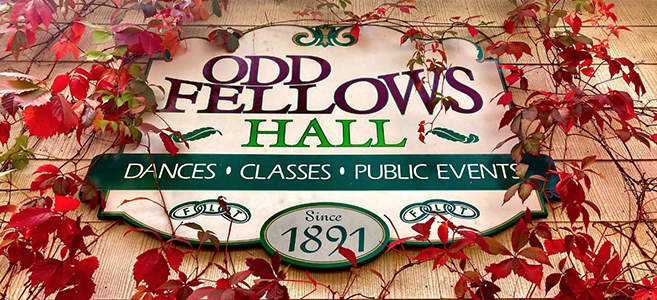||| MIDNIGHT MUTTERINGS by JACKIE BATES |||
About a half century ago, I became interested in gender development. I hadn’t had any personal experience of difficulties or complications (family or people I knew) before that time. I did have a high school friend, a girl whose brother I met later in Detroit where he was working as a female impersonator. He billed himself as ‘she,’ which I assumed was just another theater ‘thing,’ and didn’t give it further thought. Otherwise, mine was a binary world. And my gender assignment suited me fine. (That is, until I began to experience some of the limitations and restrictions that we all face.)
Males and females were born, identified, and expected to conform in the major ways to the social norms and expectations. Those who could not or would not, almost always had to live their lives and dreams in lonely secrecy.
Then, in 1969, I met Ellen. (I don’t recall her real name, but ‘Ellen’ impressed me mightily. She was five years old, already fluently reading Charlotte’s Web, and lived nearby in our apartment complex in Chapel Hill. Ellen came frequently to our apartment to play with my son who was also five.
Ellen arrived most afternoons on her own, though I later met her parents. She was always immaculate, in a fancy dress with matching socks and hair ribbons when she arrived. However, she didn’t stay that way for long. Somehow, she managed, within minutes it seemed, to wreck her dress: spills, accidental cuts with scissors, rips (Ellen was strong), paints, food from the cat’s dish. All accidents, though. Ellen was well coordinated and never injured her body or broke anything in our house. After her dress was ruined, Ellen politely asked to wear some of my son’s clothes. When she left, she took her dress with her in a paper bag and when she next returned, my son’s clothes, freshly laundered, were in the bag, which Ellen discretely left in his room.
Weeks went by with Ellen’s almost daily visits. Sometimes we went outside where the kids could play and Ellen could get mud or wet leaves on her dress. She would run inside to change clothes and return without comment. My son’s clothes never got dirty in Ellen’s care. Somewhere along the way, I met Ellen’s mother outside. We didn’t have long to talk as I was busy with my baby, She did seek reassurance that Ellen was not in the way at my place and she invited my son to visit ‘any time.’ I don’t recall that he ever did, though it may have been that Ellen was just a lot more outgoing and independent.
One afternoon at our apartment, my son had retired to his room for something where the baby was sleeping and Ellen and I were alone in the living room. Ellen was pushing a toy dump truck around the floor and making appropriate engine and dumping noises. I innocently observed that she liked to play with trucks. ‘Yes,’ she answered, articulate as always. ‘I do like trucks. I like to drive them. I always see myself as a man.’ I ALWAYS SEE MYSELF AS A MAN.
I don’t think I carried the conversation further, but it was that sentence that changed my academic and personal life forever. I had two other similar experiences with five year old children after graduate school, (where I had pursued my interest in child development, especially gender development) that confirmed my emerging view that the process of developing a gender identity is extremely complex and stunningly interesting, though there are certainly firmly held opinions by academics and non-academics alike.
Now the interest is everywhere, and about time. Social justice is finally in the forefront of politics, employment, education, limping into healthcare, a little more slowly, I’m afraid, into organized religion. So far, gender identification justice remains a tiny part of social justice recognition and reconstruction, perhaps because the numbers are thought to be small.
Well, the numbers are not small or inconsequential for individuals whose wishes and scars are only beginning to be recognized, much less attended to and compensated for in our human culture.
In graduate school, I read everything I could, asked questions of researchers and other experts when I had access. Because of my lack of ‘credibility,’ in that if I didn’t personally have ‘the problem,’ I didn’t qualify for having interest or opinion. Still I was hooked on the subject. It was my main interest in child development. How do young children develop their gender identities? (I’ll get to my own hypotheses later.) The field didn’t have a name, or a department in the university (or any university I knew of then). So my official field was elementary education with a self-developed minor in ‘Women’s Studies.’ There was one other woman doing a similar self-directed minor. We were the first and last students in ‘Women’ s Studies’ for almost a decade at that school. As one advisor said, ‘How can it be a field when there is no research, no data, NO BODY OF KNOWLEDGE?’ So no one else was allowed such a minor, much less a major, in a field that didn’t exist until both of us had long shuffled off into the pink mist.
When I was job hunting just after I collected my dissertation data (for a degree I never completed—just like a woman, what did they expect?) one of my professors volunteered to counsel me. When I told him of my interest in what would become ‘Gender Studies,’ he cautioned me to never mention it again. ‘Not unless you never want to get a job,’ he said, without a speck of sarcasm.
I didn’t mention it and I did get a job. The plum job in my class, which made some of my male colleagues angry. ‘Do they know you’re a girl?’ one asked. I said I didn’t know. ‘No one asked me at the interview. But one of the junior professors did pull my hair.’ (True Story: He was late for my interview, rushed in and said, ‘So this is our candidate?’ And pulled my hair. Not hard. Just a friendly playground tug, like I might have wandered into the wrong game, but he was willing to go along with the joke. So maybe they suspected I was a girl. And hired me anyway. Even though I was married with children, but I’m pretty sure they didn’t suspect that part.)
To be continued…









Thanks for this pondering Jackie! I’m trying really hard to be good about consistently using the pronouns people want. I’ve deflected and used humor “my pronouns are huh, what?” but been called out by my daughter that my own resistance and thinking I don’t have to use the right pronouns is misused privilege of dominant het culture.
It’s tricky though-I recently completed some in depth evaluations of my chaplaincy students and used “her” instead of “they them.” Oh my. 64 conscious, intentional, trying to get it right changes.
Your story reminds me of a friend I had 60 years ago in Edmonds, one of my first friends. He identified as a she for sure, and 10 years later was about to begin a sex change. This is back in the early 60’s now. Then, another friend, big strapping guy built like a giant old refrigerator, confessed to me through gallons of tears one day he always felt trapped in his man’s body, that he was really a woman. OMG. Such pain. Such suffering. I am not sure if the first person is still with us but my dear friend F. is not, committed suicide in a horrible way. The pain of suppression was too much
So, I thank you for bringing these two back into my life. I’ll try even harder to consistently respect and get right the pronouns people want. One colleague who helped me re-write that evaluation gave me a lesson. She said “they them” is also used by cis-gendered people who are allies of all differently-oriented people. Not sure if that adds to my own clarity or confusion, but your story is fuel for me to try harder.
Thank you!